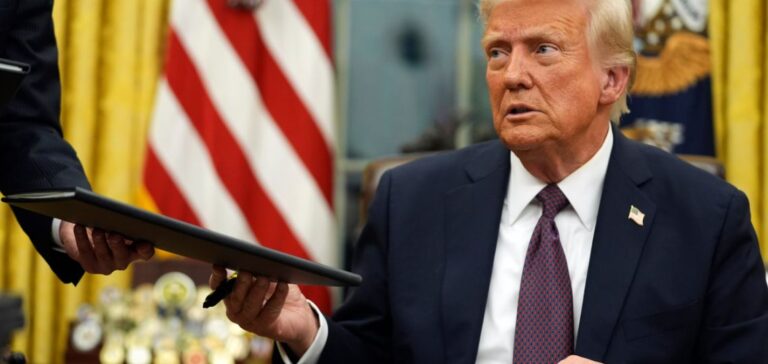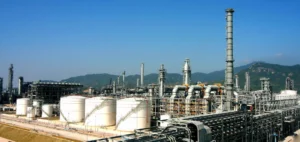The White House announced the cancellation of a license allowing Chevron to continue its oil operations in Venezuela, a move decided by US President Donald Trump. This license, granted during the administration of Joe Biden, was part of a relaxation of US sanctions on Venezuela’s energy sector. Trump justified the revocation by accusing Caracas of failing to honour an agreement on the repatriation of Venezuelan migrants expelled from the United States.
A reversal with economic consequences
This decision comes at a time when Venezuela’s economy heavily depends on oil exports, a sector already weakened by years of sanctions and poor management. Chevron was one of the few foreign companies still legally operating in the country, thanks to an agreement signed in November 2022 under the Biden administration. The cancellation of this license could deprive Nicolás Maduro’s government of a key source of revenue and could impact foreign investment in the country’s oil industry.
Washington does not recognise Nicolás Maduro as the legitimate president of Venezuela and has maintained sanctions against his government for several years. Venezuelan Vice President Delcy Rodríguez denounced the decision as “harmful and inexplicable”, claiming it would affect not only Venezuela but also American economic interests in the region.
Mixed reactions and implications for Chevron
Maria Corina Machado, leader of the Venezuelan opposition, supported Donald Trump’s decision, calling it a strong signal against the current regime. She argued that the oil revenues generated by the agreement with Chevron had been used to finance repression and corruption.
Chevron, for its part, stated that it is “reviewing the implications” of this decision while affirming that it operates in compliance with US laws and sanctions. The company may now be forced to scale back its presence in Venezuela, a country rich in oil reserves but where production is hampered by structural difficulties and restrictions imposed by Washington.





















